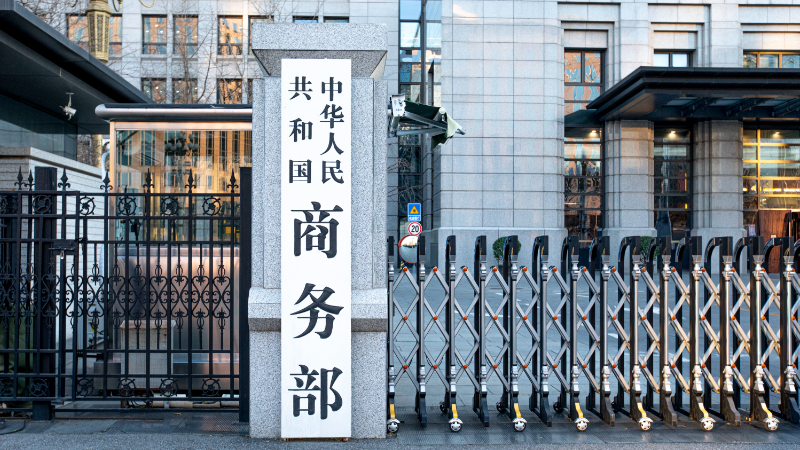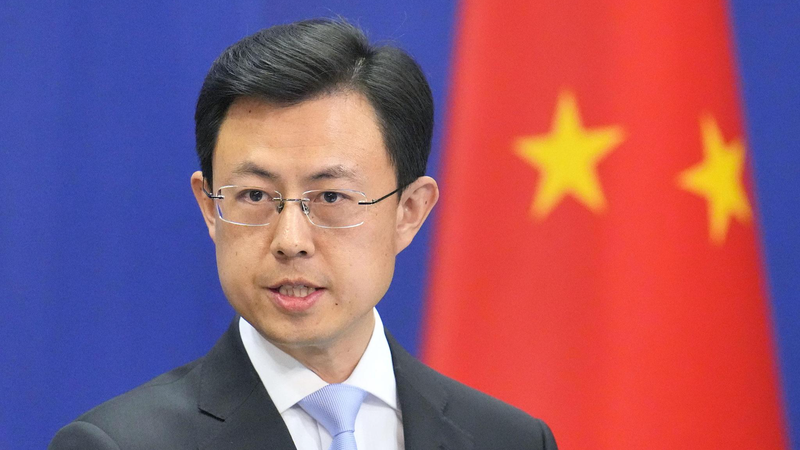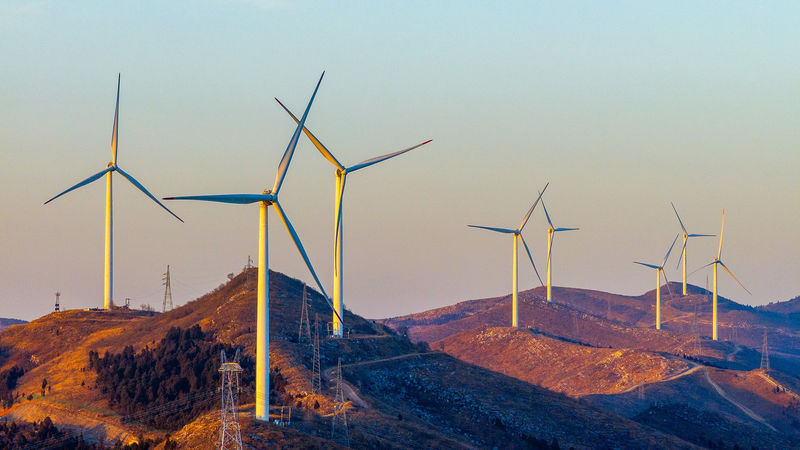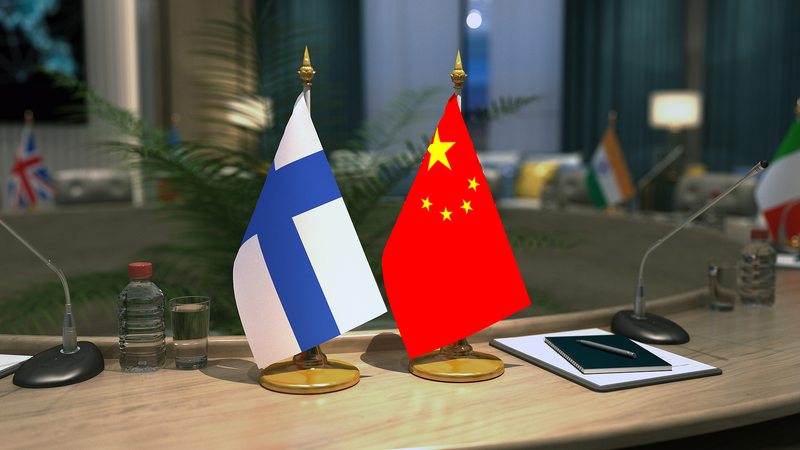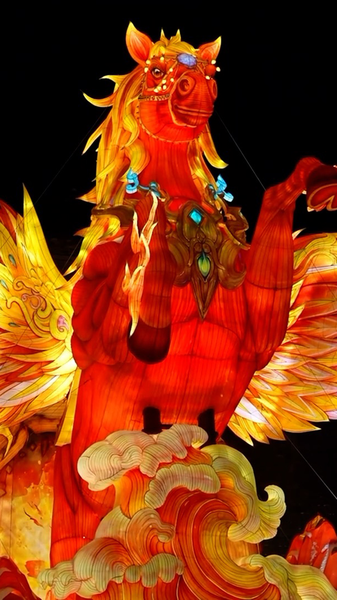Have you ever wondered how your smartphone speakers get that punchy bass? Or how electric vehicles zip quietly through city streets? The secret sauce is rare earth elements – a bunch of special metals that power magnets, lasers, and even missile systems. But lately, they've been at the center of some major trade drama… 🚀
What's the scoop? The Chinese Ministry of Commerce (MOFCOM) recently rolled out new export control measures for medium and heavy rare earths. Here's the TL;DR:
- These are controls, not bans. Legit applications can still get licenses. 🛂
- Purpose? To keep global peace and stable supply chains amid rising world tensions.
- China gave heads-up to partners via bilateral talks before making the move.
Next steps: MOFCOM says it'll review licenses by law, consider general or simplified permits, and keep trade moving smoothly.
And the U.S. reaction? The U.S. announced plans for 100% tariffs on those items and tighter controls on critical software. MOFCOM shot back, calling it a 'double standard' – pointing out that the U.S. export control list covers 3,000+ items vs Chinas 900. 📈
Why it matters for us: Rare earths power everything from your gaming consoles vibration motors to wind turbines. Any supply hiccup can ripple through tech, renewable energy, and even defense industries. That's why Beijing is pushing for more dialogue with the U.S. (and maybe your next smartphone or EV won't see a price surge!).
Keeping it cool: China stresses it doesn't want a trade war but is ready to defend its rights if talks stall. The message? 🤝 Dialogue over drama, for the sake of stable global trade and tech innovation.
Reference(s):
Full text: MOFCOM on China's export controls, other trade policies
cgtn.com
